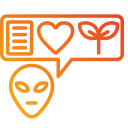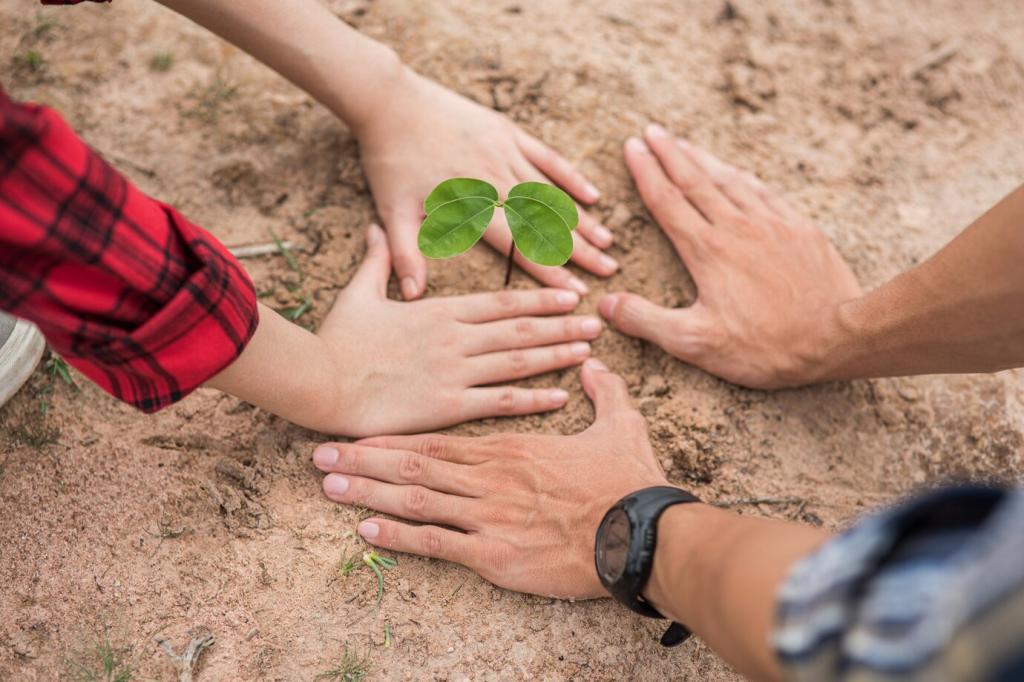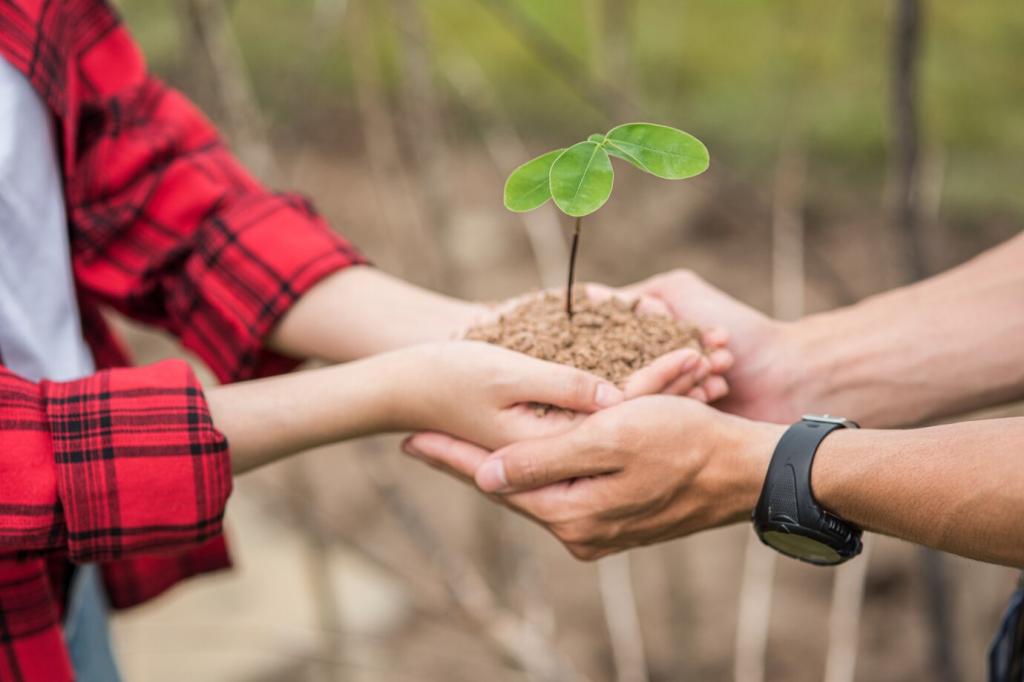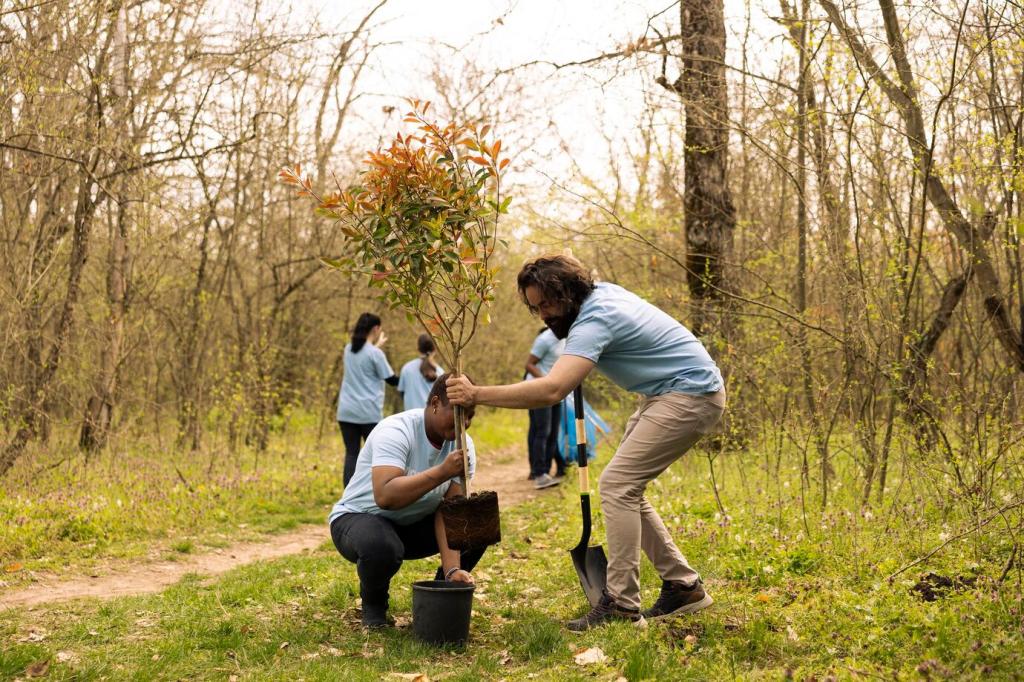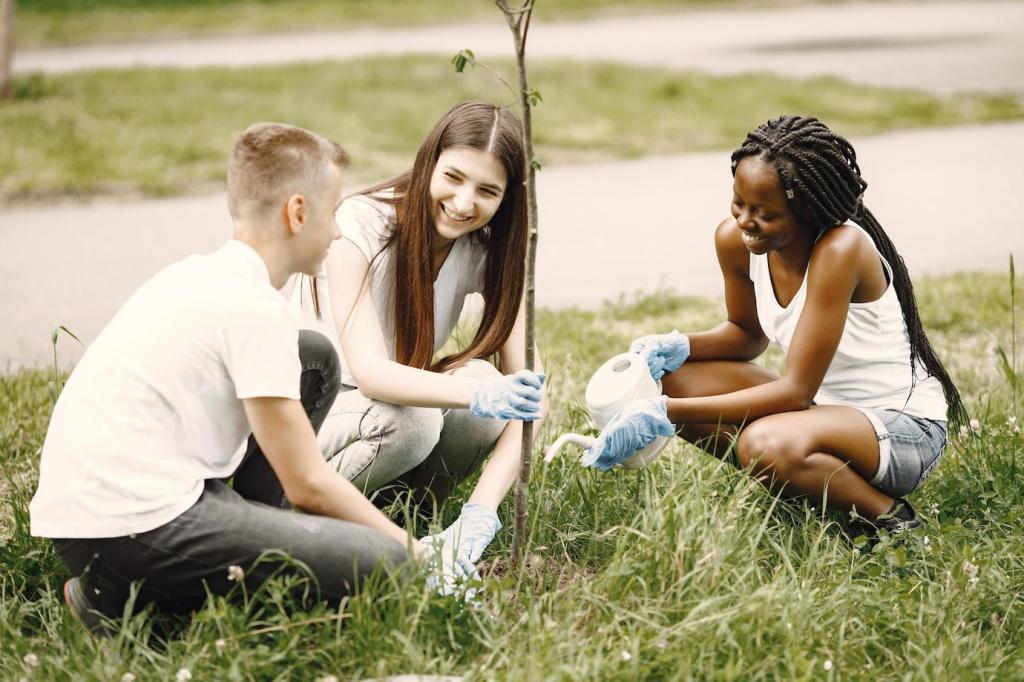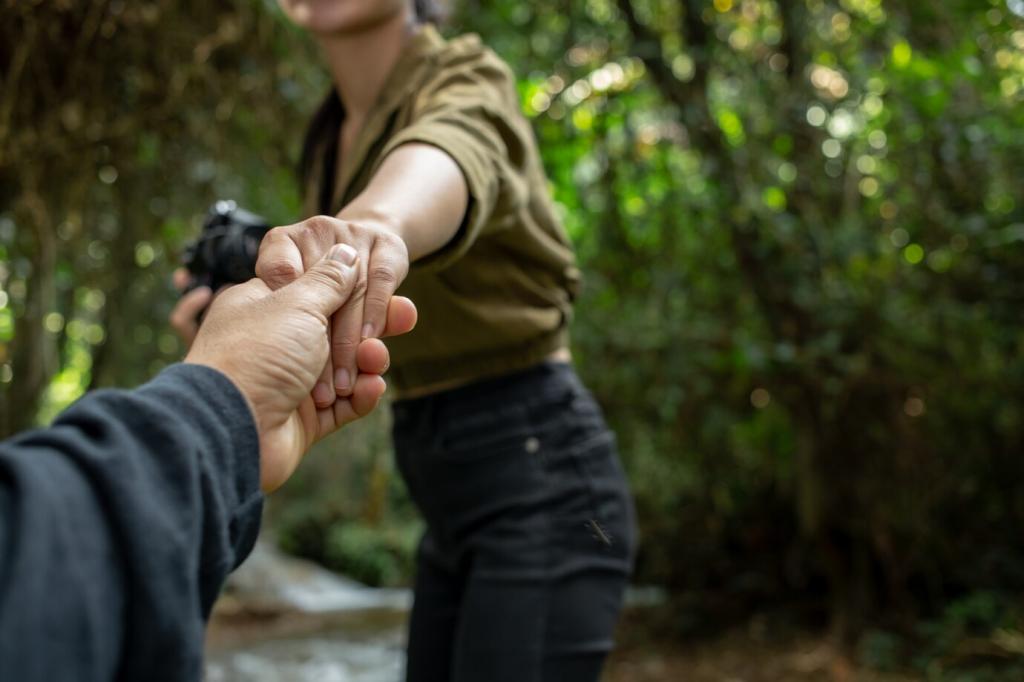Stories that Change Minds
Students mapped invasive plants, interviewed elders about storm changes, and planted native dune grasses. Within a year, sand stability improved and shorebirds returned. Invite your audience to share similar local victories and lessons learned.
Stories that Change Minds
Highlight cultural fire practices, seasonal calendars, and place-based stewardship. Co-create workshops with Indigenous leaders, ensuring consent and respect. Learners see conservation as relationship and responsibility, not only regulation or technology.
Stories that Change Minds
Assign stakeholder roles—fishers, farmers, scientists, youth, officials—in a watershed debate. Negotiation reveals trade-offs and shared values, helping participants design multi-benefit plans rather than polarized, short-lived fixes.
